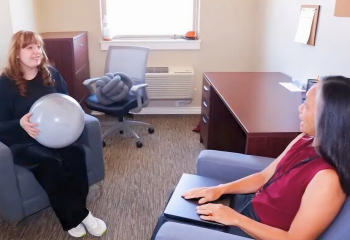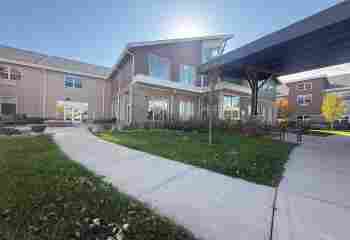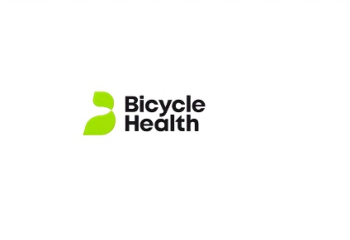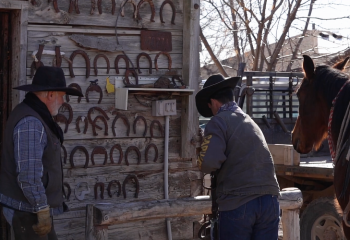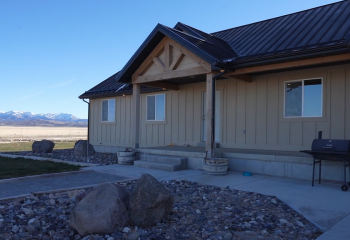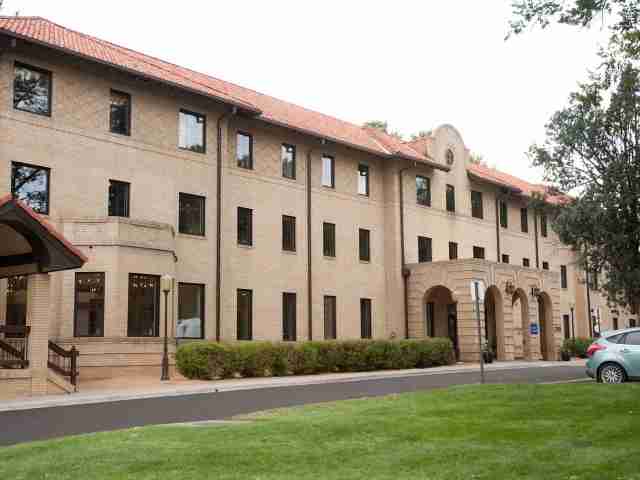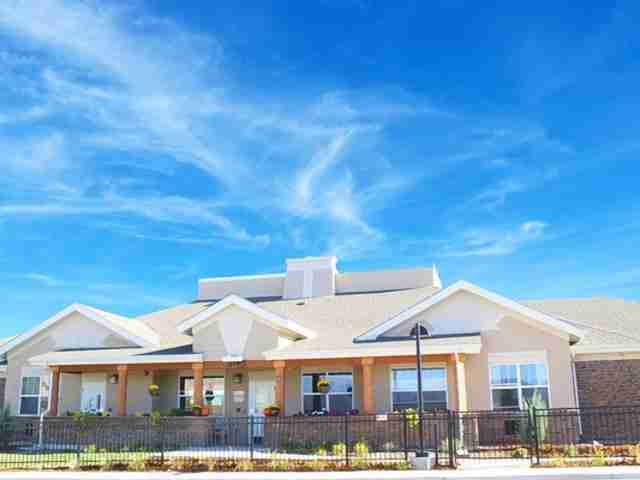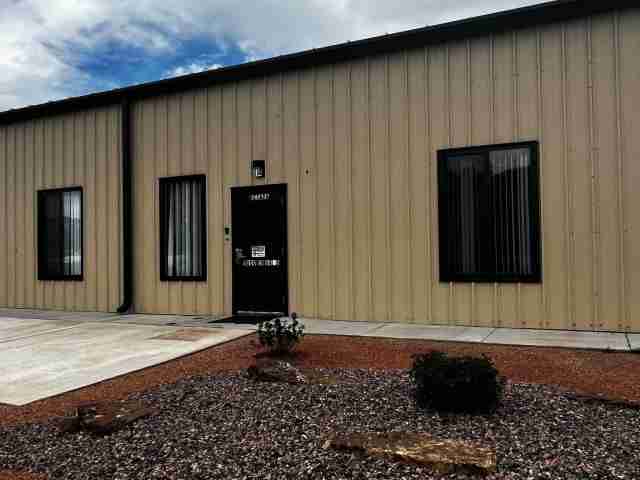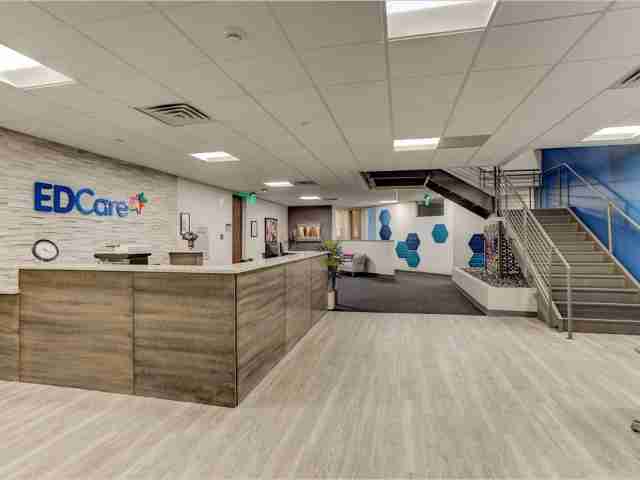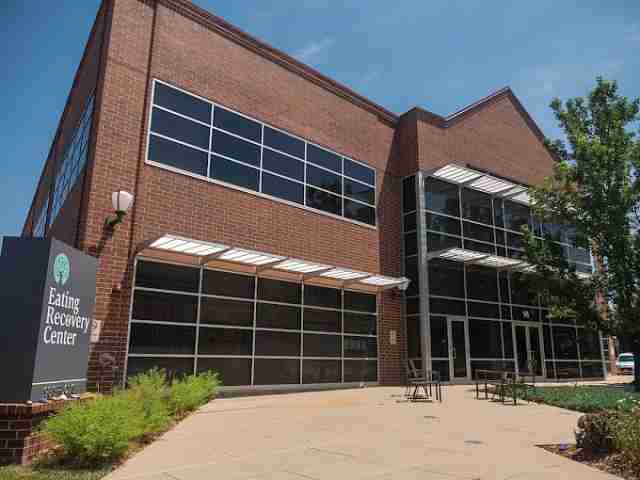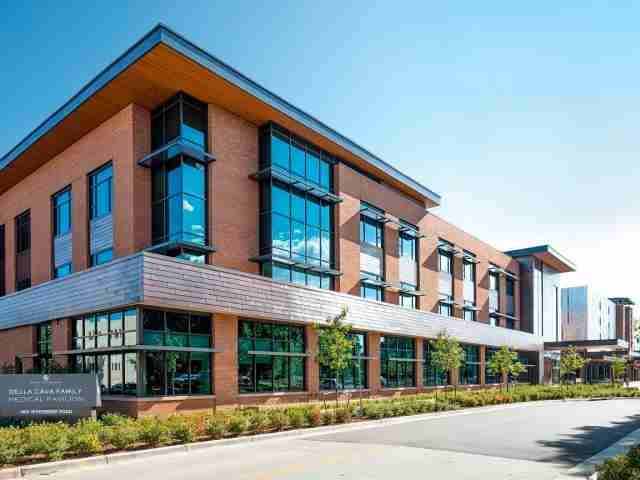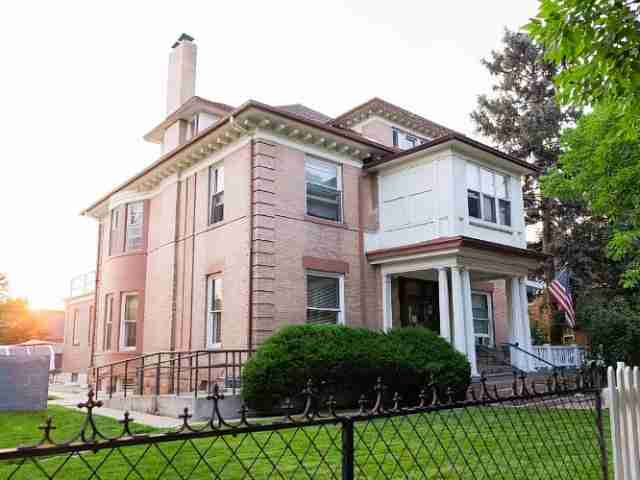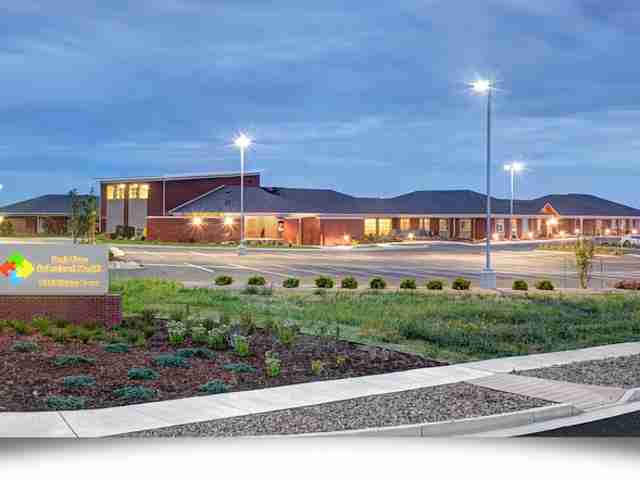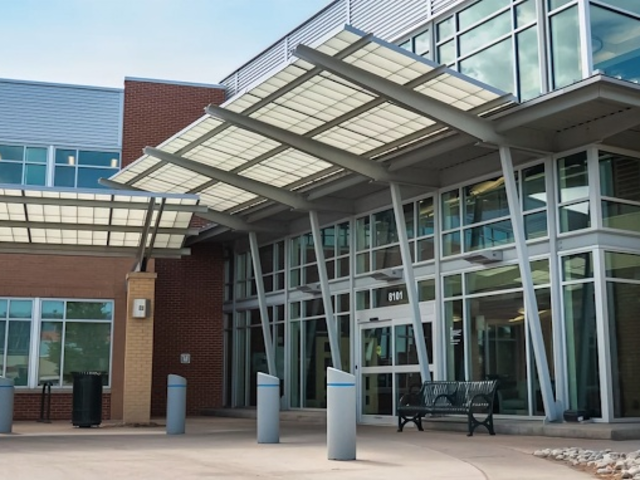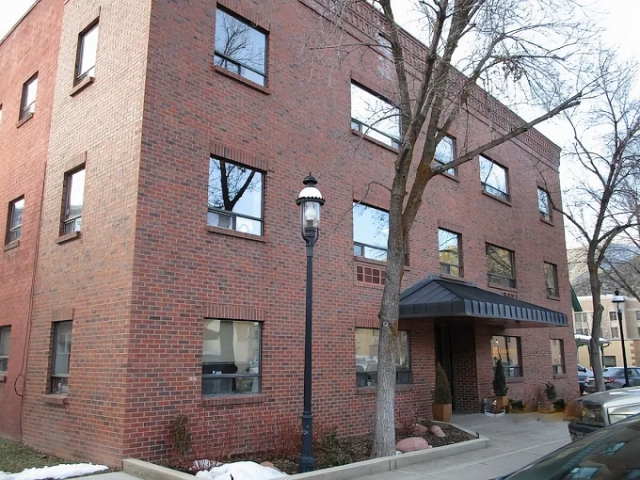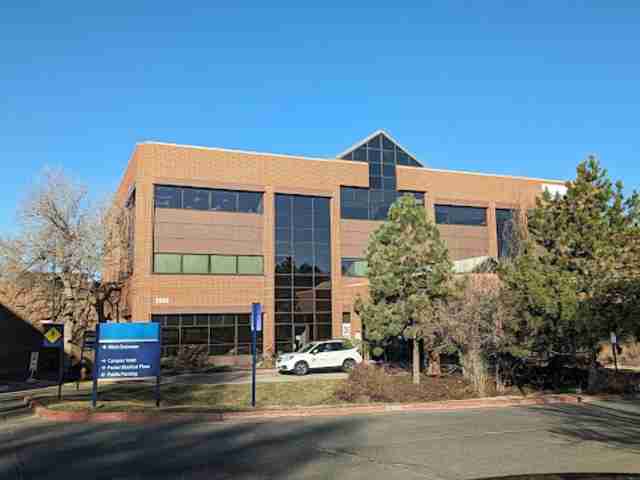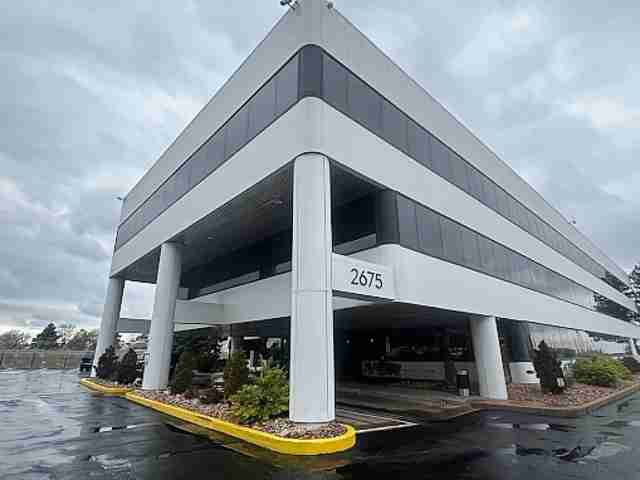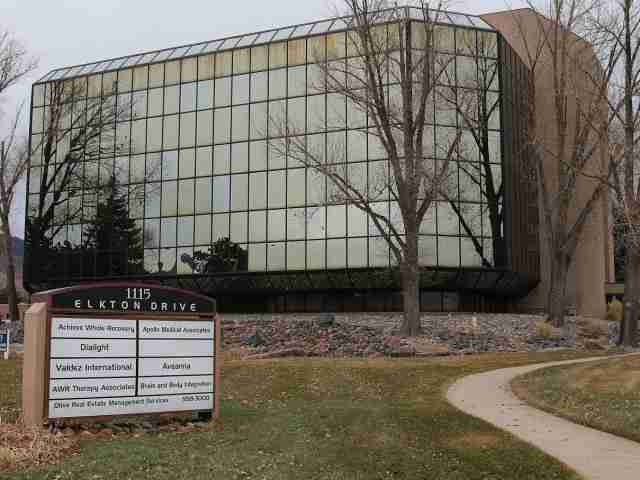More About Rehabs Accepting Medicaid
Drug & Alcohol Rehab Covered by Medicaid
Medicaid is a government-funded health insurance program that offers coverage to millions of people across the United States.
Medicaid is primarily for low-income adults, elderly adults, children, pregnant women, and people who have disabilities. In many cases, Medicaid coverage for rehab can fully or partially cover treatment for addiction to drugs and/or alcohol.
Understanding how Medicaid works, who is eligible, and how it can be used to cover some or all of the cost of treatment can be an important first step in achieving recovery.
What is Medicaid?
Medicaid is a federally funded, state-run program designed to connect people with limited resources and low-income people with healthcare.(1) The program began in 1965 and has since provided healthcare services to hundreds of millions of people in the United States.(2,3) Broad federal guidelines allow each state to create its own Medicaid eligibility standards, as well as set rates for the payment of services.(2)
Does Medicaid Cover Drug and Alcohol Addiction Treatment?
The Affordable Care Act requires that all major health insurance plans offer coverage for medically necessary substance use disorder treatment, as well as other types of mental health care. This means that Medicaid may provide some degree of coverage for treatment. Your specific coverage will depend on your state and your Medicaid plan.(4)
Which Types of Addiction Treatment Does Medicaid Cover?
When you decide to enter treatment for substance use disorder, your treatment coordinator, admissions specialist, healthcare provider, or other care professional will talk with you about the type of treatment that’s the right fit for your needs. Medicaid may cover a variety of addiction treatment settings, including:(5)
- Detox: During medical detox, your treatment team will work with you to help you through the withdrawal process, allowing you to fully prepare your mind and body for inpatient or outpatient treatment. Medical detox typically lasts for 3 to 5 days and may be completed on an inpatient or outpatient basis.
- Inpatient or residential treatment: During inpatient treatment, you’ll live at the treatment facility with care available around the clock. Residential treatment can be ideal for those who require primary medical care, have co-occurring conditions or physical health conditions, and prefer the opportunity to get away from the stressors and triggers that hinder their recovery in daily life.
- Outpatient rehab: There are several outpatient rehab formats that can support your recovery. Standard outpatient rehab offers appointments and meetings, often weekly. Intensive outpatient programs (IOPs) offer treatment for several hours a day, several days a week. Partial hospitalization programs (PHPs) typically offer care for 4 to 8 hours a day, 5 to 7 days each week.
- Aftercare: Your treatment provider will work with you to develop an aftercare plan to help you manage your recovery. Your aftercare plan may include sober living, 12-Step meetings, counseling, and more.
How to Use Medicaid for Addiction Treatment and Rehab
Since Medicaid requirements are determined by individual states, coverage can vary. If you’re interested in using your Medicaid coverage for alcohol rehab or drug rehab, it’s a good idea to start by reaching out to your Medicaid representative to learn more about rehab covered by Medicaid.
Start Your Recovery
Treatment is possible, and often more affordable than you think. Many insurance plans cover mental health and addiction care, and even if yours doesn’t, other options exist. Use Recovery.com to explore and compare top-rated treatment centers and take the first step toward healing today.
Sources:
- Medicaid.gov. (n.d.). Medicaid.
- Centers for Disease Control. (2024, July 31). Medicaid.
- Medicaid.gov. (2024, December 27). September 2024 Medicaid & CHIP enrollment data highlights.
- HeathCare.gov. (n.d.). Health benefits & coverage.
- U.S. Department of Health & Human Services. (2016, November). Facing addiction in America: The surgeon general’s report on alcohol, drugs, and health.










